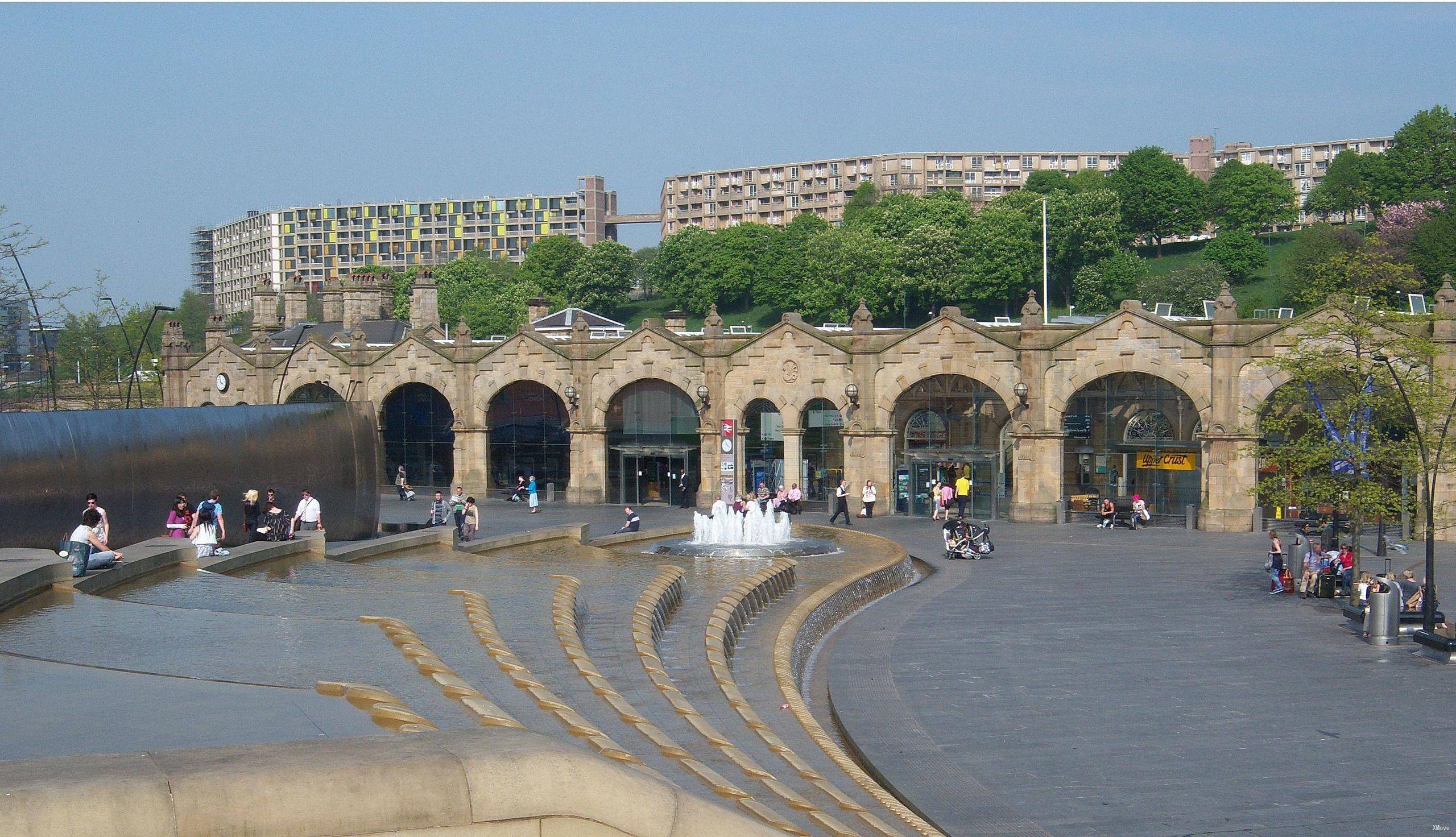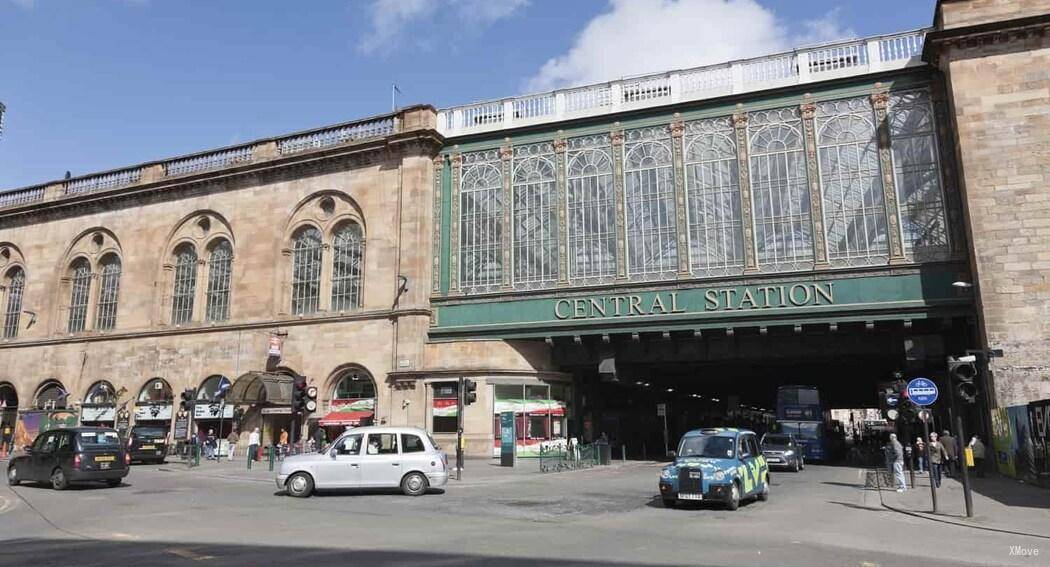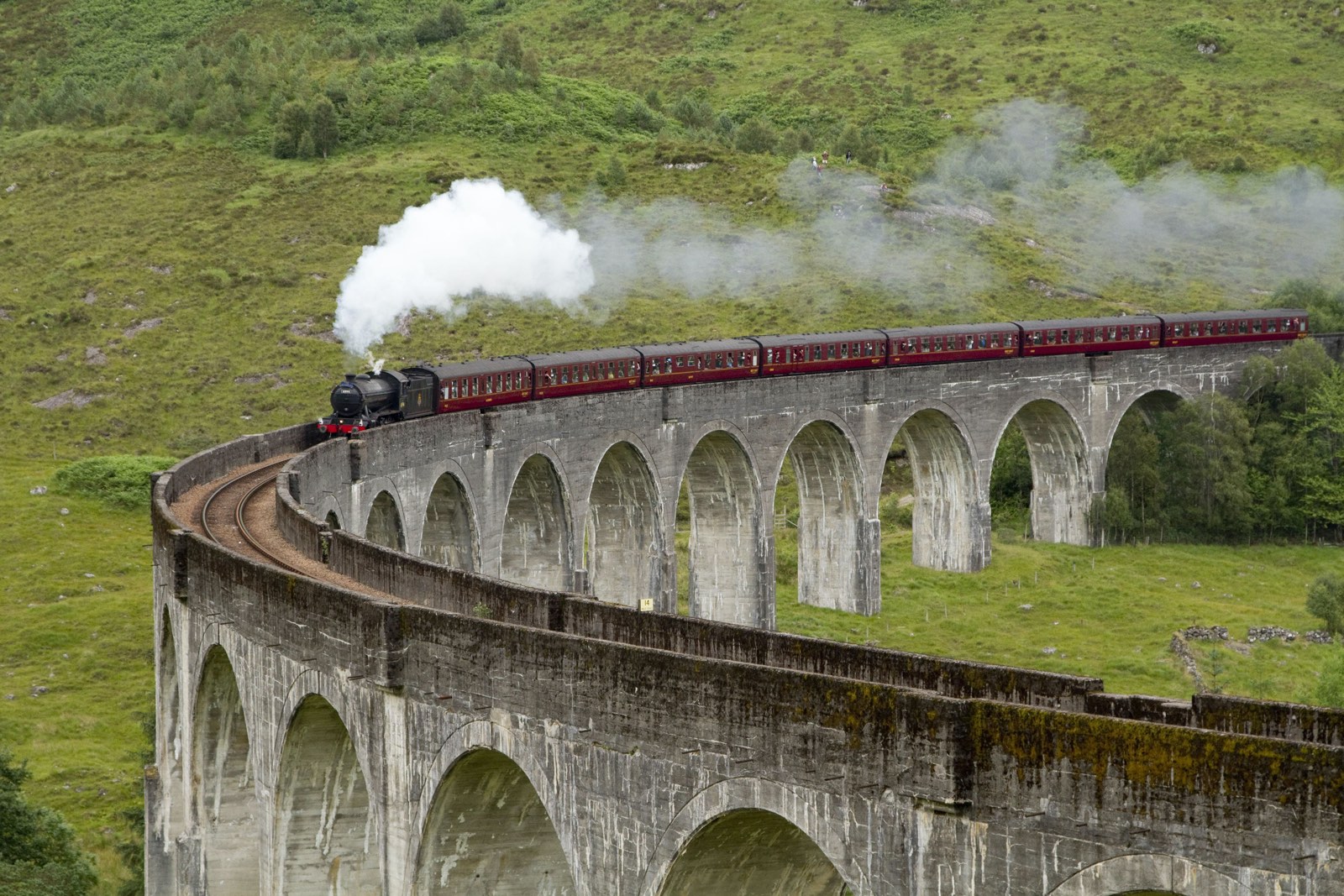Glasgow Central (Main)
Glasgow Central Station
Glasgow Central station is the UK's main railway terminal. It is located in Glasgow, Scotland's largest city. It was operated by the Caledon Railway Bureau on July 31, 1879 and is now the largest hub station in Glasgow. It is also the British state-run. One of the 19 hub stations directly under the jurisdiction of the railway company. The train station is the northern end of the main line of the West Coast.
The station operates all suburban routes in southern Glasgow, including the feeder lines of Ayrshire and the Clyde Coast, and is the departure point for Glasgow to all English cities. In addition, the Argyll Line and another suburban route lead to Edinburgh as a complementary route to the Glasgow Edinburgh Railway, which ends at Glasgow Queen Street Station.
With a traffic volume of 27 million passengers between 2013 and 2014, Glasgow Central Station has become one of the ten busiest railway stations in the UK. According to the statistics of the British National Railways, the annual traffic is about 38 million, of which 80% is passenger traffic. In view of the lessons of the St. Enoch station, the Glasgow Central Station complex was registered as a Class A protected building by the Scottish Government.
Station Facilities
- First class lounge
- Service Desk
- Visitor Center
- Accessible Channel
- Luggage storage
- Taxi stand
Railway Service
- Railway operator: Scottish Railway Company
(1) Go to Carlisle, Via Kilmarnock and Dumfries
(2) Go to Stranraer, Via Kimarnock, Ayr and Girvan
(3) Travel to Ayrm via Troon and Prestwick Airport
(4) To Ardrossan, Arran
(5) Go to Wemyss Bay, Rothesay
- Railway operator: Virgin Train
(1) Travel to London Euston, via Carlisle, Lancaster and Preston
(2) Travel to London Euston, via Carlisle, Lancaster, Preston, Birmingham and Coventry
- Railway operator: Trans Pennine Express
Travel to Manchester, via Carlisle, Oxenholme Lake, Lancaster and Preston
- Railway operator: CrossCountry
To Plymouth, Newcastle, Durham, York, Leeds, Sheffield, Derby, Birmingham, Cheltenham, Bristol, Taunton and Exeter
- Railway Operator: Caledonian Sleeper Caledonian Sleeper
One night to London Euston
Traffic in the city
The Glasgow Metro is the easiest to reach most of the city's most popular attractions, but there is no underground station at Glasgow Central Station. The nearest metro station is St Enoch, preferably from the second-level exit of Glasgow Central Station to Argyll Street, turn left from this exit and St Enoch is a 5-minute walk away.
This Argyll Street exit is located below the station, so you will need to follow the escalators that connect the main part of the station to the platforms 16 and 17.
The local train on platform 17 goes to Partick, 3 stops from the centre of Glasgow, and the Partick station offers light rail links to the Glasgow metro.
In the opposite direction, just a stop from Partick to Govan, a 5-minute walk from the Tall Ships Museum, where the free ferry will pass through the River Clyde to the magnificent Riverside Transport Museum (Riverside) Museum of Transport).

Glasgow Central (Main) - Station Guide | Departures and Arrivals | Popular Routes









